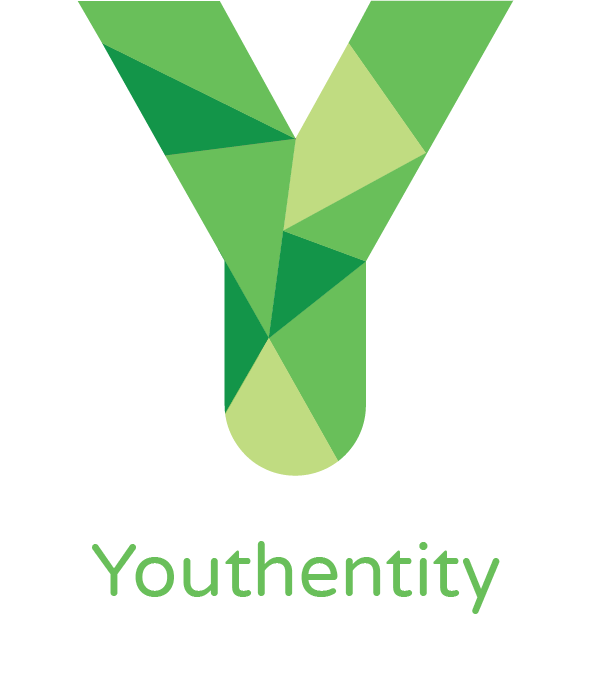Youthentity Column: Financial housekeeping is a benefit to the whole family
It certainly has been a summer for counting pennies. We’re making fewer unnecessary car trips, cutting back on the little luxuries (bye, HBO subscription!), and looking for deals on the grocery store shelves.
It’s true: More than ever, many of us have money on our minds. A crazy housing market amid inflation and rising interest rates have created a strange environment, unpredictable to even the so-called experts. It’s cause for concern not only for our own wallets but for the effects on the next generation. And while there is no way to predict the future, we can help prepare kids through financial literacy education.
In this world, financial literacy is a necessity, close in importance to food and shelter.
While it’s difficult to put a positive spin on an economic downturn, it can be a time to rebalance and reset our outlook on personal finances — and jumpstart our kids’ understanding of financial concepts — by considering our individual household budgets.
Money is a mindset. Many of us worry about finances, looking through a lens of scarcity and fear. It is often a struggle to change that mindset. In Youthentity’s youth financial literacy classes, we aim to show elementary and middle school students that money isn’t something that happens to you but instead is a tool that can be used to create opportunities and freedom through expanded choices.
Over time — particularly a long stretch of decade-plus economic growth — many of us have accumulated unnecessary expenses. Also, too few of us regularly revisit our budgets. Budgetary housekeeping can be a good time to introduce and familiarize kids with personal finance concepts. Keeping it light and positive, talk to your kids about budgets and where you might reduce costs; for example:
Unused or rarely utilized subscriptions such as streaming services (Netflix or Spotify).
Look at home and auto insurance rates and compare coverage and pricing.
Phone plans: Many of us have been on the same plan for years out of comfort (and a dread of contacting the carrier); often a better plan exists for the data you and your family use.
Use digital or print coupons at the grocery store (most stores have an app for digital coupons).
Make a basic budget (download a template at Youthentity.com to get started) for a sense of what your family spends, keeping in mind that it doesn’t have to be perfect.
Don’t forget the power of hands-on learning: Give kids an opportunity to manage money with an allowance or a stipend for back-to-school spending on clothes and supplies.
Not only is keeping and tracking a personal budget one of the best ways to lessen the impact of inflation, but it is also a critical life skill best learned early. If you can create the space and time to include your child in simple budget strategy and decisions, the long-term payoff can be incredibly beneficial.
Bringing a daily consciousness to spending and saving is an invaluable habit, and incremental changes often lead to bigger mental shifts as comfort grows around personal money management.
Kirsten McDaniel is the executive director of Youthentity, a Carbondale-based youth development nonprofit that offers career exploration opportunities and personal financial literacy education to over 5,900 youth throughout Colorado. Read the column over at the Glenwood Springs Post Independent.
